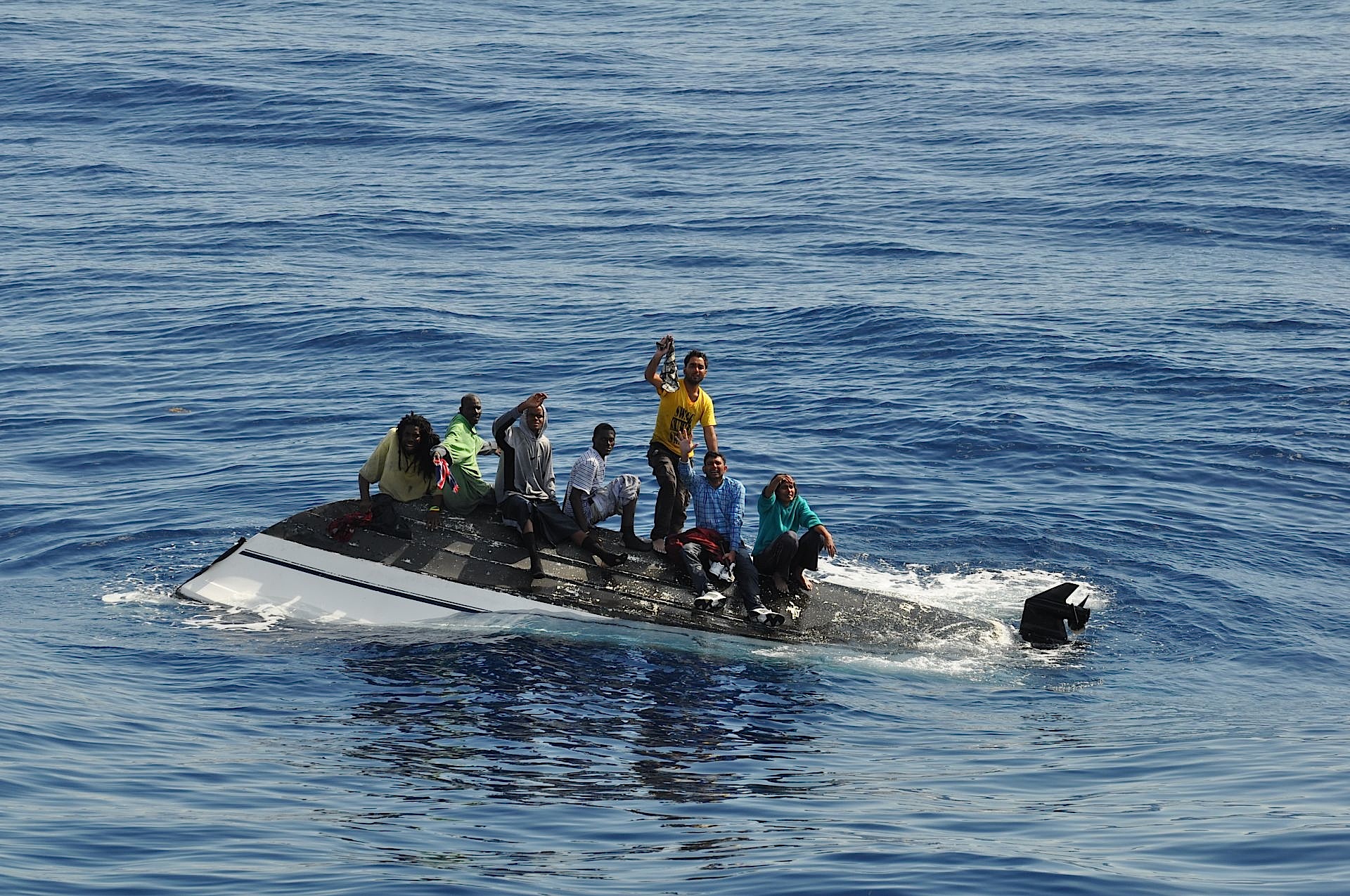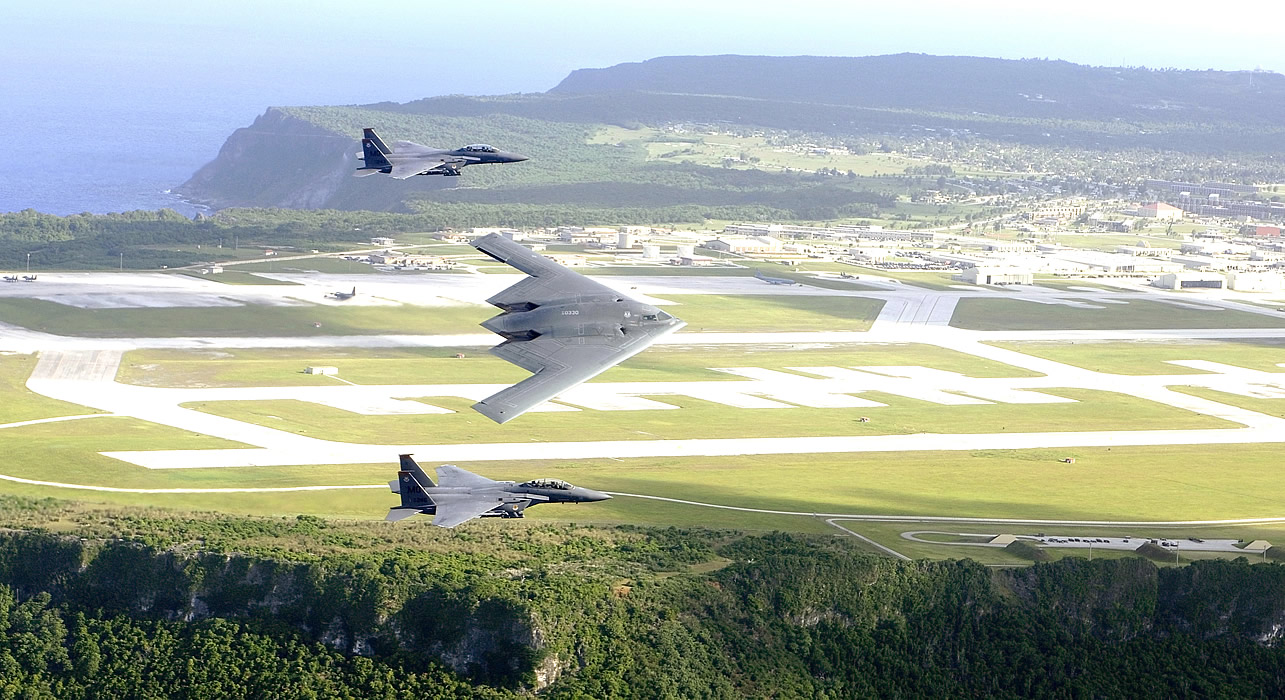Part One of this article focussed on the shortcomings of Operation Triton, and the policy negotiations Europeans must make when it comes to saving human lives and protecting their borders. While migrant lives are unquestionably important, they are not the sole issue dominating the discussions of migrant smuggling. An unsustainable pattern of illicit immigration has Read More…
Author: John Woodside
The Little Engine That Couldn’t: Phasing Out Mare Nostrum (Part One)
This past July I wrote about Italy’s Mare Nostrum project, which was designed to save vulnerable migrants while crossing the Mediterranean. The program has cost the Italian Government approximately 9 million euros per month, and will be officially phased out by the end of the year. Part of the reason the program was ended was Read More…
Canadian Surveillance: The Old Yellering of Security Watchdogs
A precursor to this article, which outlined Bill C-44 and the Canadian Security Paradox can be found here. Perhaps ironically CSIS was created in 1984. Birthed out of the McDonald Commission, CSIS was introduced after allegations involving the intelligence branch of the RCMP were brought to light. These allegations included several break-ins; illegal opening of Read More…
Canadian Surveillance: Bill C- 44 and the Safety of Canadians
In the wake of Remembrance Day it is important to remember that the threats Canada currently faces are not just foreign enemies. The long term security of Canada rests on how we collectively choose to navigate the security landscape. Increasing Governmental powers and authority without increasing oversight (and thereby accountability) is a dangerous path that Read More…
Exposing the Surveillance State – Part 2
John Woodside looks at how artists are critiquing mass surveillance programs currently being operated by the United States in the second installment of his ‘Exposing the Surveillance State’ series.
Exposing the Surveillance State – Part One
John Woodside examines the expanding mass surveillance programs currently being operated by the United States in the first installment of his ‘Exposing the Surveillance State’ series.
The Future is Guam
Guam is one of thirteen unincorporated territories the United States Government controls. From December 8,1941, to July 21, 1944, Guam was occupied by Japan, until American forces “liberated” the island nation from imperialist forces. Since then the United States has occupied the territory and has effectively turned it into a military outpost to project American Read More…
Is Lourdes Spy Base Re-Opening?
John Woodside discusses the conflicting reports surrounding the re-opening of the Lourdes Spy Base in Cuba.
Migrants at Sea: Italy’s Mare Nostrum Project and the European Union
John Woodside examines Italy’s attempted transfer of the Mare Nostrum Project to the EU and the implications for African refugees.









